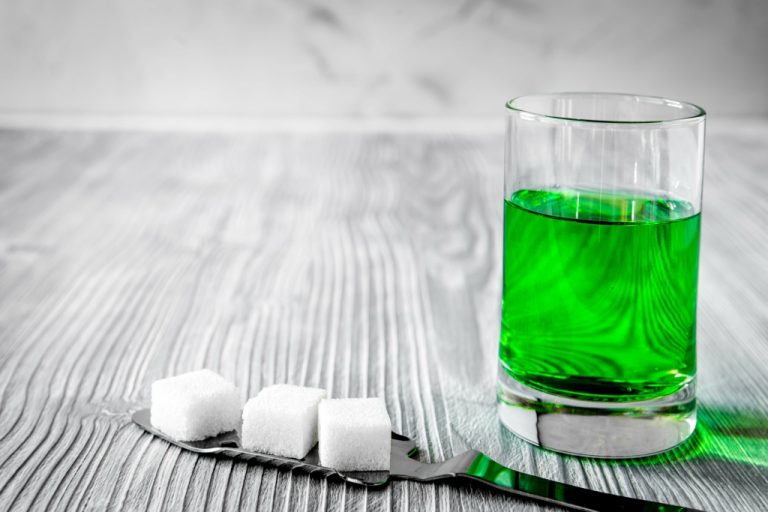Sobriety is just the beginning of the lifelong journey of recovery. The Recovery Village helps thousands of people to begin their recovery each year, and our programs have allowed many people to begin a life free from addiction. If you or someone you love is struggling with a substance use disorder, contact us today to learn about treatment options that can work well for you.
- Many types of recovery support are available, and many people make use of more than one type at any time and may shift from one type of support to another as recovery proceeds and needs evolve.
- Alcoholics Anonymous or Narcotics Anonymous groups help people struggling with substance abuse and addictions.
- County and nationwide, such as handing out more naloxone, as well as making it easier to access medications that help people shake off addiction.
- Sometimes people think alcohol use is “heavy” or excessive only when the person consuming alcohol is passing out or becoming aggressive with others.
- It’s important to surround yourself with people who respect your choice to remain sober and who support your recovery journey.
Why is Sobriety a Lifelong Commitment?
Women for Sobriety focuses on the needs of women with any type of substance use problem. Many people believe that they are powerless to change their own addictive behavior, and often it is a belief that keeps people addicted. The evidence shows that every day, people choose to recover from addiction on their own. One way or another, they learn and deploy a set of skills that help them get through the strong cravings and urges of the difficult early stages of recovery. Some of the most helpful strategies for dealing with cravings are summarized in the acronym DEADS. No matter which pathway of recovery a person chooses, a common process of change underlies them all.
How to Get Sober: A Guide to Sobriety

If you attend 12-step meetings, you may hear the phrase, “Move a muscle, change a thought.” That is exactly what this represents. Once you are ready, you can come back to examine the emotion or thoughts with a clearer mind. These calls https://www.makak.ru/2009/12/01/spisok-sntp-serverov-vremeni-simple-network-time-protocol-dostupnykh-v-internete/?amp;fdx_switcher=true are offered at no cost to you and with no obligation to enter into treatment. Neither this site nor anyone who answers the call receives a commission or fee dependent upon which treatment provider a visitor may ultimately choose.
Is It Possible to Be Sober Without Joining a Recovery Program?
Sobriety, often mistaken for just the absence of alcohol or drugs from one’s life, encompasses much more. It represents a state of living, free from the influence of substances, but also, and importantly, it’s about the journey towards personal freedom and clarity. When you choose sobriety, you’re not only saying goodbye to substances that cloud your judgment but also embracing a lifestyle where your mental and physical health take http://www.ab-group.ru/katalog-tekhniki/personalnye-kompyutery/65591.html precedence. Sobriety in this context is an active, ongoing commitment to a set of behaviors and actions that support overall health and prevent relapse, making it an integral part of the recovery journey. If you are a religious person, attending church may also help you to maintain sobriety. Attending church functions and following the church’s teachings about abstaining from drugs and alcohol can be effective for some people.
- His commitment to sharing stories of hope and resilience has established him as a credible and respected figure in the addiction treatment community.
- Recovery allows you to make positive changes and deeply examine your feelings, beliefs and behaviors.
- People who reach certain sober milestones receive pins or chips, acknowledging their achievements.
- It’s not possible to undo the damage that was done, but it is possible to build new sources of self-respect by acknowledging past harms, repairing relationships, and maintaining the commitment to recovery.

This therapy is developed for adolescents with drug use problems and their families. It addresses a wide range of influences on drug use patterns and helps improve overall family functioning. One part of the recovery journey for some people is emotional sobriety. Celebrating the hard work you have done in recovery is a great way to remain motivated. Focus on celebrating your milestones with experiences, activities, and treats that support your new, healthy lifestyle. Therefore, when a person suffering from sleep issues related to their alcohol use is able to quit drinking, it may reverse these negative effects and may lead to improved sleep.
What is The Definition of Emotional Sobriety?
- Don’t make excuses – We are each responsible for our own behavior.
- Depending on the type of dependency, PAWS can last from six months to two years after you stop using drugs or alcohol.
- To learn other tips regarding how to stay sober from drugs, be sure to check out our website further.
- Conversely, a relationship with someone who enables your drinking or drug use can harm your sobriety.
Detox alone is not the same as treatment, but it is a step in the process. Some may wonder if quitting drinking is even worth it—especially if they’ve never experienced a serious consequence from drinking—such as a DUI, a major https://golosiyiv.kiev.ua/ru/2020/06/tipy-masok-dlja-volos-i-ih-osnovnye-komponenty/ health crisis, or the breakdown of a personal relationship. For many, emotional sobriety is not a consistent state but is instead found in moments and hours. Don’t feel discouraged if you struggle to regulate your emotions.